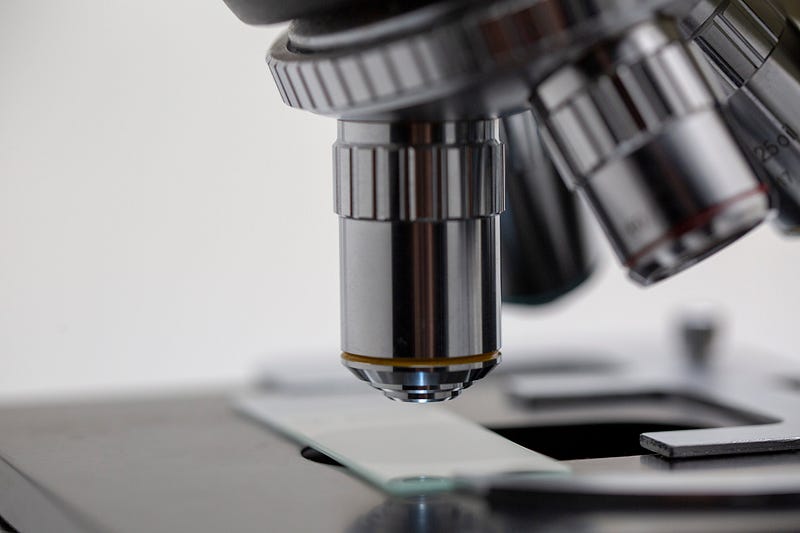How the Virus Revolutionized Research: A New Era in Science
Written on
Chapter 1: The Shift in Research Dynamics
The pandemic has indeed altered the landscape of scientific inquiry. While it may seem like yet another narrative about the virus, its impact on research is profound and warrants exploration.
The urgency for enhanced productivity and efficiency has led many researchers to reconsider traditional methodologies. Once exposed to more effective research practices, reverting to the old ways seems implausible.
As we navigate these times, it's understandable if you're fatigued by constant discussions surrounding the virus. Nevertheless, its implications on our lives are undeniable and, at times, unsettling. In this discussion, I will refer to "the virus" instead of naming it explicitly.
The sheer power of this minuscule virus to disrupt global stability is alarming. Yet, it also highlights the essential role of the research community. As a researcher, my perspective may lean towards the significance of scientific inquiry, but it’s clear that this virus has truly awakened the research sector.
The pandemic ignited a fervent pursuit to expand the frontiers of science at an unprecedented pace.
Section 1.1: Accelerated Research Initiatives
The urgent need to respond to a global health crisis has expedited years of research into mere months. Just as the pandemic showcased the feasibility of remote work for many sectors, it also illuminated the heights research can reach when pressed to deliver swiftly.
In the face of adversity, research emerged from the shadows, displaying remarkable agility and precision. For instance, the development of a novel vaccine utilizing mRNA technology was achieved in about a year—an extraordinary feat considering that such processes typically span a decade.
Before the onset of this outbreak, various research fields operated in a routine manner, conducting studies, publishing results, and applying for funding. But the situation rapidly transformed.
Section 1.2: Diverse Contributions to Research
The nature of research became urgent, engaging experts from a variety of disciplines, not limited to virology:
- Engineering: Innovating compact and efficient ventilators
- Textiles: Producing various masks and personal protective equipment (PPE)
- Human Resources: Developing strategies for managing hospital personnel during a pandemic
- Politics: Enacting emergency legislation
- Logistics: Enhancing cargo transportation methods globally
Numerous other fields were also mobilized to contribute to research efforts, responding to the world's pressing needs. Consequently, the research community experienced a surge in productivity.

The New Paradigm of Research
In the first half of 2020 alone, over 23,500 unique research articles emerged, as reported by Teixeira da Silva and colleagues. Such a volume of work on a topic that had surfaced just months prior is astonishing.
This new research paradigm, born from necessity, has shattered previous assumptions regarding timelines and processes for various types of studies. The year 2021 will likely redefine standards for developing treatments, equipment, and protocols—all catalyzed by this small but impactful virus.
When faced with a collective threat to humanity, it is remarkable to witness our capacity for collaboration. Research is just one aspect of the numerous ways this pandemic has reshaped our lives.
One potential positive outcome could be the application of insights gained from COVID-19 research to improve approaches in tackling other health conditions and diseases. While various crises—including natural disasters and political unrest—have historically impacted the world, none have shaken the research community as profoundly as this virus.
Let's remain hopeful for eradication in the near future.
Take-Home Messages
- A tiny entity can profoundly influence something as vast as our planet.
- Under pressure, humanity can achieve extraordinary feats.
- If we can make such rapid advancements in COVID-19 research, we can certainly do the same for other critical health issues.
Summary Quote:
"It is in the darkest of times that some of the brightest of lights are born."
This video provides an update on the flexibilities introduced for the research community in response to COVID-19.
Chapter 2: Insights from the Research Community
This video discusses COVID research initiatives across the WSU system, highlighting collaborative efforts and innovations.